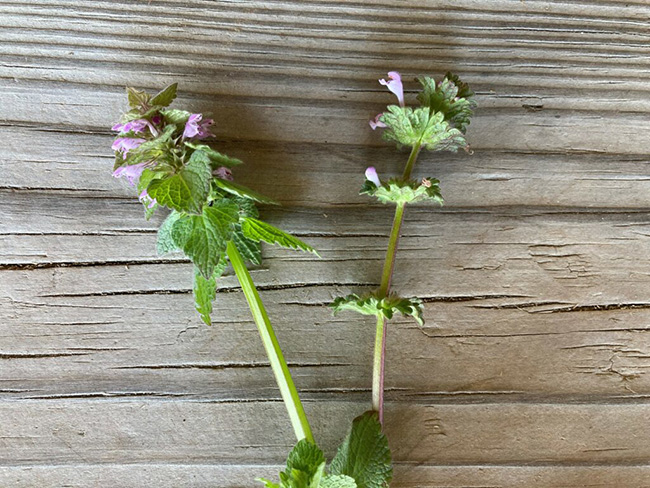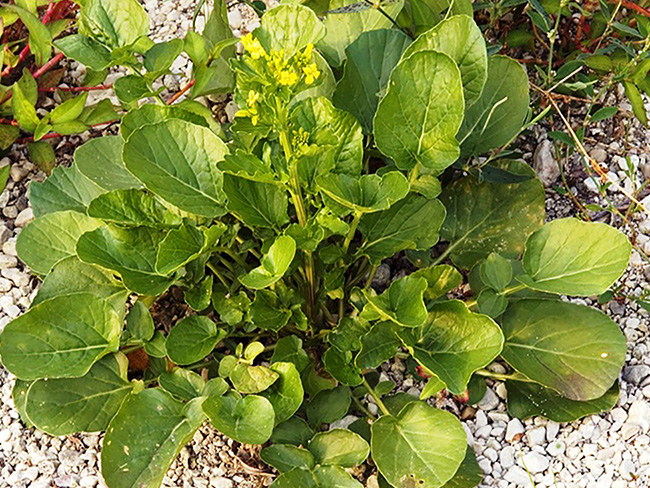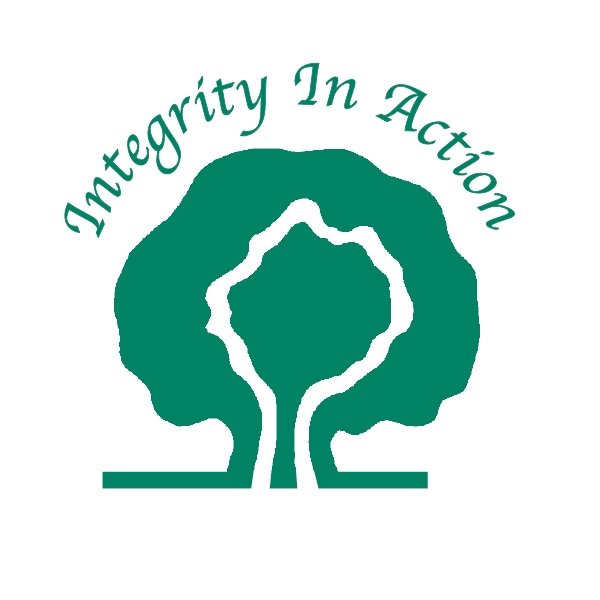Historically April is Denver’s second snowiest month. However, plants are starting to emerge in yards across the City. According to the Denver Post, it is time to prepare lawns for the growing season. Denverites traditionally have planted cool-season grasses like Kentucky bluegrass, fescue, and ryegrass. They turn green early in the spring and grow well into the fall. Homeowners without the time to fertilize and fight weeds should consider hiring a professional plant health care company, like Ross Tree, to keep their turf grass healthy throughout the year. Ross Tree offers two types of annual lawn care contracts – Premium and Organic. The following five tips will help lawns thrive all year long.
Weed Treatment Timing
Homeowners, it is time to apply pre-emergents to prevent lawn weeds. Controlling crabgrass and broad-leaf lawn weeds is all about using pre-emergents and herbicides at the right time in the spring. The life cycle of weeds is based on average ground temperature. Weed seeds germinate when the soil is moist and its temperature is close to 50°F. Lawn pre-emergents prevent sprouting, so applying when soil temperatures are in the 40-50 degree range is best. Do not use pre-emergents if the lawns are overseeded.
Henbit or Purple Deadnettle

One trick plant health care professionals use to decide when to treat is to look for Henbit and Yellow Rocket emerging in the spring. The picture above is Henbit. An annual called Purple Deadnettle in the East. The plant is in the mint family. In traditional medicine, Henbit is consumed fresh or as an edible herb and used in teas. The weed is one of the first to emerge in the springtime and requires soil temperatures around 40 degrees to become active, making it a good treatment indicator.
Yellow Rocket

Yellow Rocket is an annual or biennial found throughout the United States. Its leaves are glossy dark green and develop in a rosette. Yellow rocket spreads by seed and sprouts early in the spring. Historically, the plant has been used as a poultice for wounds. Its high vitamin C content makes it an efficient scurvy medicinal, and it is a natural diuretic.
Lawn Fertilizing
Fertilizer provides essential nutrients for grass lawns to grow. Quality fertilizers make grass blades more full and lush, making the turf grass more resistant to disease and drought. Ross Tree does not recommend fertilizing bluegrass or tall fescue lawns in April if the homeowner fertilized late last fall. The ideal fertilizer contains a mixture of quick and slow available nitrogen sources. Applying a high-nitrogen fertilizer in April causes the grass to grow at the expense of healthy root growth.
Aeration
Aeration loosens and aerates the soil and helps the roots absorb moisture, air, and nutrients. Shallow core holes enhance water infiltration during the growing season. Two to three-inch core holes benefit lawns the most.
Mowing
Mowing helps control grass height and weeds. Cutting encourages thicker, fuller grass. Set the mower’s height at 2 1⁄2 to 3 inches and mow at the same setting all growing season. When mowing, do not remove more than 1/3 of the grass blade to encourage the clippings to break down and decompose back into the turf.
Watering
Homeowners must determine how much water is needed to adequately moisten the root zone without wasting water. Generally, lawns in Denver require about an inch of water per week. Lawns need enough time between waterings to dry out so that roots can absorb oxygen. If kept damp, grassroots rot and over-watered yards waste water. A good baseline is 20 – 30 minutes per zone for popups thrice weekly. For best results, water in the morning, between 4 a.m. to 10 a.m. Watering at night leaves water on the blades, which can cause various fungal diseases.
Ross Tree lawn care services. We use routine monitoring and preventive treatments to keep all the woody plants and lawns green. Our Premium lawn care program consists of five treatments per year. We also offer an Organic Based Lawn Program that uses organic natural fertilizers five times yearly. For a free estimate, click here to fill out a request service form or call 303-871-9121. We are at your service.

